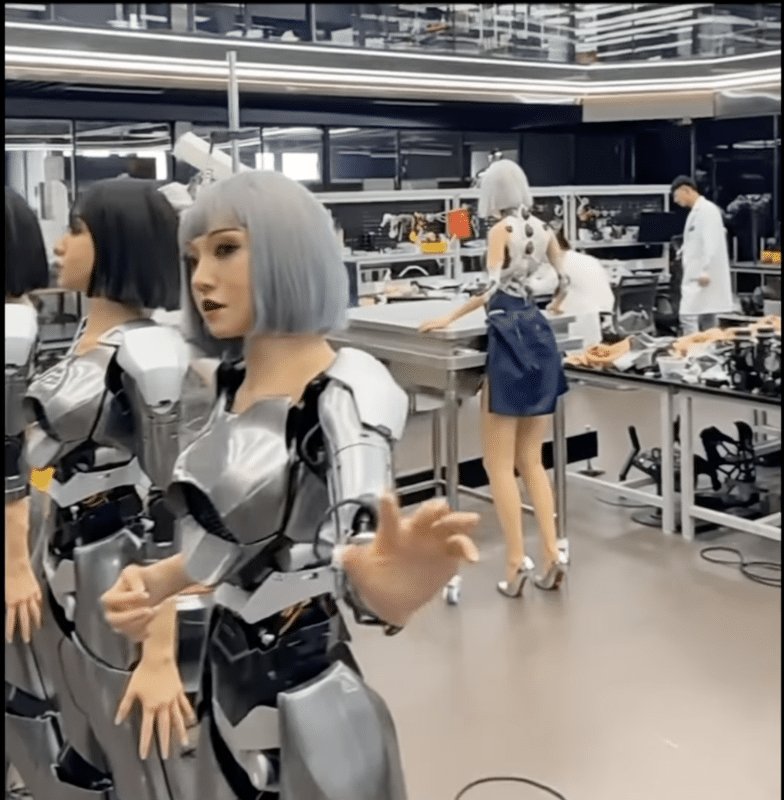China has entered the race to implant brain chips into human skulls in a bid to pit against Elon Musk’s Neuralink.
The country unveiled a chilling timeline to develop what it calls a “brain-computer interface” – and aims to release products as early as 2025.
China’s shock plan in the field of brain chips comes as Musk announced that the first Neuralink brain chip has been successfully implanted into a human skull.
The billionaire said that the preliminary results from the human test subject are promising.
And now the announcement by China – following the footsteps of the Tesla boss – could potentially spark the biggest global tech rivalry of this decade.
China dubbed the “brain-computer interface” as one of its “innovative iconic products”, according to the Ministry of Industry and Information Technology’s press release on Monday.
It said the country – in coming years – is aiming to develop a range of “brain-interface products” – just like Neuralink’s Telepathy.
“[China] aims to make breakthroughs in key technologies and core devices such as brain-computer fusion, brain-like chips, and brain-computing neural models,” the Chinese ministry added.
Last year, the Chinese government opened a 60-person laboratory focused entirely on brain-machine interfaces, Gizmodo reports.
The lab is reportedly focused on turning extensive research in the field of brain chips into practical applications – to rival Musk’s Neuralink, according to South China Morning Post.
Researchers in China have apparently developed a computing device that connects to your brain via the inner ear.
While this device works without a chip implant – like Neuralink’s Telepathy – it can still feed data directly into the human brain.
China says it hopes to use such advanced brain technology in driverless cars, virtual reality, and medical rehabilitation – a cumulative vision that was first pitched by Musk in 2017.
Experts, however, argue that China could leverage such tech implants and weaponise them to spy against their own people.
Meanwhile, some critics of the technology claim that such products will falsy be marketed as a remedy for all difficulties – and that interfering the human biology with such tech implants could turn people into zombies.
Dr Mikhail Lebedev, a senior neuroscientist at Duke University in Durham, said: “It is even possible that “humanity” will evolve into a community of zombies.”

















